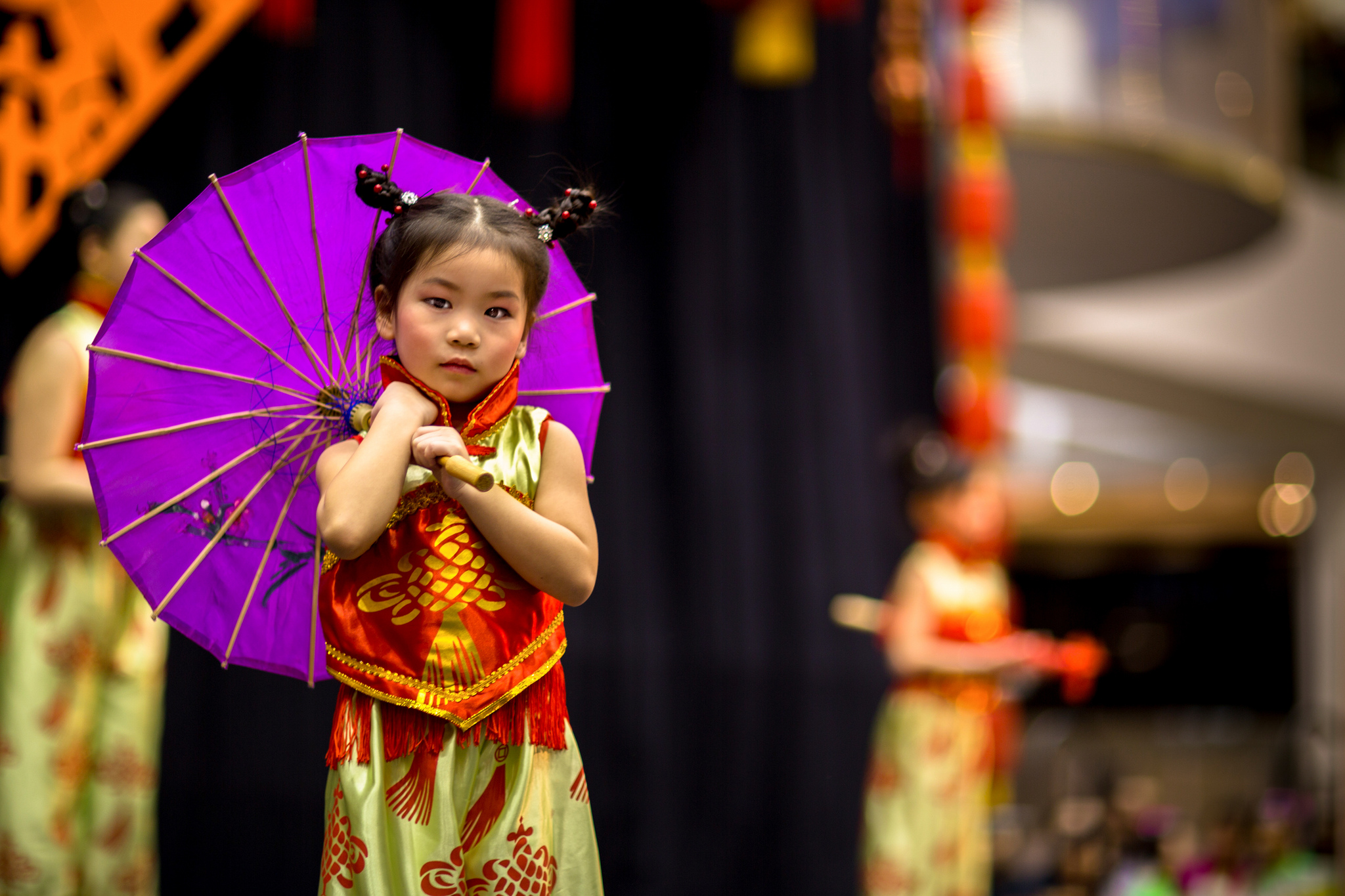but I’m glad it is.
When I set out to write Dragonhearted, I didn’t think that it would be a children’s book. In fact, I didn’t think it would be a book at all. I was working on my blog about Chinese culture, and one of the myths I was looking at yet again was the Nian, which explained why the Chinese people celebrated the Lunar New Year.
If you’ve read the original story, you would know that it is about a monster that destroyed everyone, until a wise old man instructs the villagers to wear red and to use fireworks to scare it away. But looking at this story and all the other Chinese stories as an adult made me wonder where all the women went. This led me to wonder what it would be like if the story had a young, female protagonist (the exact opposite of the old man) and I wrote my very own ending.
That thought of a lack of female protagonists in literature, of a Chinese female protagonist made me question the sexism that pervades my culture. We even have sayings like 望子成龙, 望女成凤 (wàng zǐ chéng lóng, wàng nǚ chéng fèng), or quite literally, “hope son become dragon, and hope daughter become phoenix,” signifying the aspirations for one’s offspring. There is a lot at work in this idiom, and it’s not a coincidence that the dragon, the most revered animal in Chinese culture, serves as a metaphor for the qualities parents hope for in a son. But why not a daughter? The bravery, dynamism, and wisdom that this animal is supposed to embody is not exclusive to one gender, and so, the idea of a girl who was supposed to be a dragon — in more ways than one — was born.
Those were all I thought about when generating ideas for the stories I wanted to tell, and parts of Chinese folklore and chapter segments materialised when I sat in front of the computer and wrote. I wrote about what it was like to be a young girl growing up in a big (Asian) city, to exist in a world where no one took you seriously because of your age, and not quite understanding the cultural baggage that you have. I wanted to write a letter to my younger self, to tell her all these things I’d wished someone told me when I was a kid, and of the dark shadows of adulthood that lurked in the corner, almost unnoticeable, when you were ten years old.
When you’re a child, you can be everything and nothing. You can slip into a story, daydream yourself a better life, and fight demons that adults can’t because they lack the optimism and idealism that is required to defeat them. Perhaps it was serendipitous nearly everyone said that the re-written story was was a children’s story in my creative writing class.
It was a revelation for me, as I’d never thought I’d be writing for children, but it fit because I don’t know anything (and I still don’t know very much) about being an adult. For me, hearing that the story that eventually became Dragonhearted was a blessing, and it allowed me to flesh the world out better.
More often than not, children’s literature is not considered to be serious literature. But it’s ridiculous when the books that a child reads, especially during his or her primary school years, shape him or her as an adult. I will never forget reading (and re-reading) Matilda, identifying with her, her dysfunctional family, and how she sought to take revenge against the people who wronged her. I never forgot how she made things right for a teacher who’d been swindled out of her rightful inheritance.
A child’s ideas and abilities are usually regarded as trifles, but children’s books can change that. Many of them are empowering, showing them the light in amidst the confusion of growing up. They give us hope, and aren’t as bleak as other literary work that tell you your life is inherently meaningless (Hello, Beckett) and that whatever you set out to change will not last against the vastness of the universe.
When Dragonhearted is released in May, I hope that many young girls will read it; they should know that their age, size, or gender shouldn’t restrict them from doing great things, because they themselves are great.
Featured image: IQRemix on Flickr
